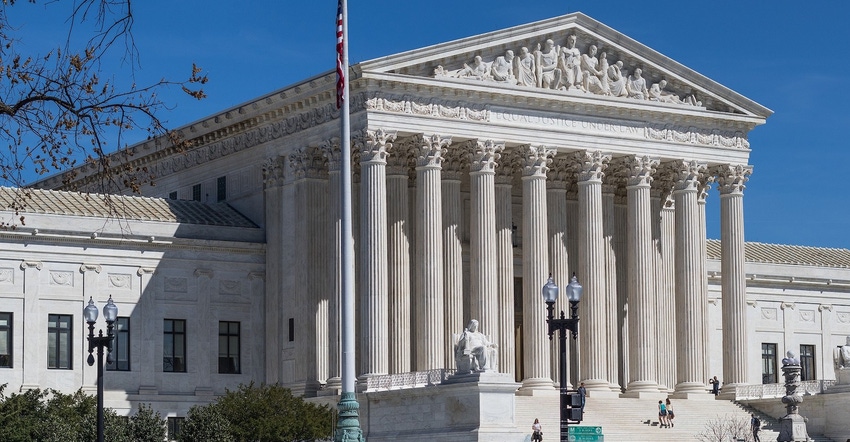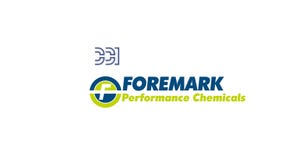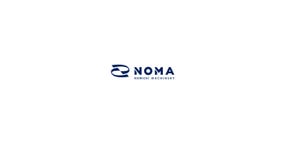Companies must now create their own vaccination and testing schemes as the country faces a massive wave of infections.

The nation’s highest court issued a decision Thursday halting enforcement of the Occupational Safety and Health Administration’s (OSHA) COVID-19 Vaccination and Testing Emergency Temporary Standard (ETS) that went into effect at the beginning of this week.
OSHA’s ETS mandated that private businesses with more than 100 employees require workers to receive COVID-19 vaccination. The rules also charged employers with ensuring that unvaccinated workers wear masks and creating a policy to regularly test unvaccinated workers for infection.
Following the US Supreme Court’s move, employers must now create their own COVID-19 vaccination and testing policies as the country faces its biggest wave of infections during the pandemic.
Here are a few perspectives manufacturing stakeholders shared after the decision was announced:
National Association of Manufacturers (NAM)
“Today’s ruling does not change the fact that getting vaccinated is the best defense against COVID-19 and central to our ability to keep businesses and schools open and prevent our hospitals from being overwhelmed,” NAM President and Chief Executive Officer Jay Timmons said in a statement. “Manufacturers believe strongly in getting our teams armed against COVID-19, and we appreciate the administration’s sustained focus on making vaccines available to every American.”
Timmons added: “We call on all Americans to make the choice to get vaccinated, get boosted when eligible, and wear the appropriate mask in public places – so that we can save lives, protect our economy, and get through this latest wave of infection.”
US President Joe Biden
“I am disappointed that the Supreme Court has chosen to block common-sense life-saving requirements for employers at large businesses that were grounded squarely in both science and law,” US President Joe Biden commented following the court’s decision.
“It is now up to states and individual employers to determine whether to make their workplaces as safe as possible, and whether their businesses will be safe for consumers during this pandemic by requiring employees to take the simple and effective step of getting vaccinated,” the president added.
National Safety Council (NSC)
“COVID-19 continues to devastate the American people, and employers must play a role in fighting this deadly virus,” said Lorraine Martin, president and chief executive officer of NSC, in a release. “Despite the Court’s ruling, we call on employers everywhere to take responsibility for the safety of their workers by implementing a requirement for vaccination or testing, and exhausting any and all proven safety countermeasures such as masking, frequent handwashing, improved ventilation systems, and regularly disinfecting work surfaces.”
AFL-CIO
“While infections and hospitalizations surge, we again urge the Biden administration to require employers to provide protections beyond vaccines. OSHA must uphold the emergency COVID-19 standard for healthcare workers and issue an emergency standard to ensure all at-risk workers are provided layers of protections against COVID-19 transmission at work like improved ventilation, distancing, masking, and paid leave,” Liz Shuler, president of the labor union, said in a statement. “We will not beat this pandemic until we stop the spread of the virus at work.”
US Labor Secretary Marty Walsh
“OSHA promulgated the ETS under clear authority established by Congress to protect workers facing grave danger in the workplace, and COVID is without doubt such a danger. The emergency temporary standard is based on science and data that show the effectiveness of vaccines against the spread of coronavirus and the grave danger faced by unvaccinated workers,” Labor Secretary Walsh said in prepared remarks. “The commonsense standards established in the ETS remain critical, especially during the current surge, where unvaccinated people are 15-20 times more likely to die from COVID-19 than vaccinated people. OSHA will be evaluating all options to ensure workers are protected from this deadly virus.
The official noted that OSHA will continue to use its existing authority under the General Duty Clause and the COVID-19 National Emphasis Program to ensure that businesses protect workers’ safety.
The Food Industry Association (FMI)
“We are pleased the Supreme Court recognized the challenges OSHA’s rule would have imposed on food retailers and manufacturers, our employees, and, ultimately, American consumers,” said FMI President and CEO Leslie G. Sarasin in a statement. “The court’s decision today to pause OSHA’s vaccine and testing mandate for private businesses will help ensure the food industry is able to continue meeting our customers’ needs as efficiently and effectively as possible amid the ongoing supply chain and labor disruptions.”
Learn More
To read more about the Supreme Court’s decision on OSHA’s COVID-19 Vaccination and Testing Emergency Temporary Standard (ETS), click here.
About the Author(s)
You May Also Like




